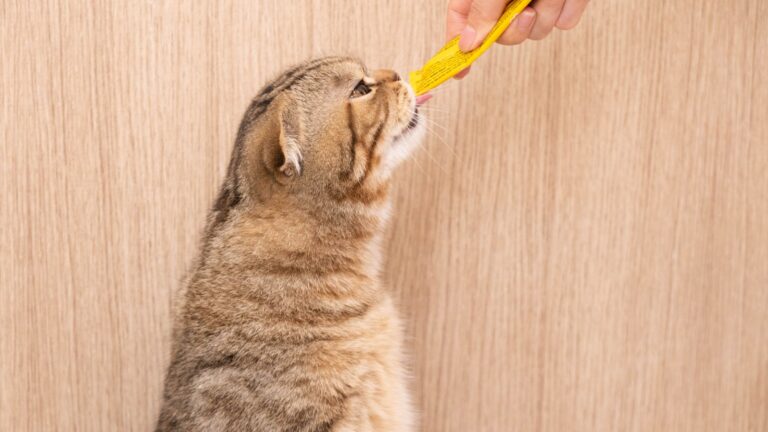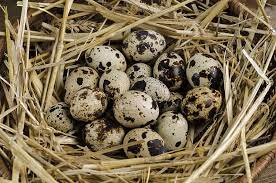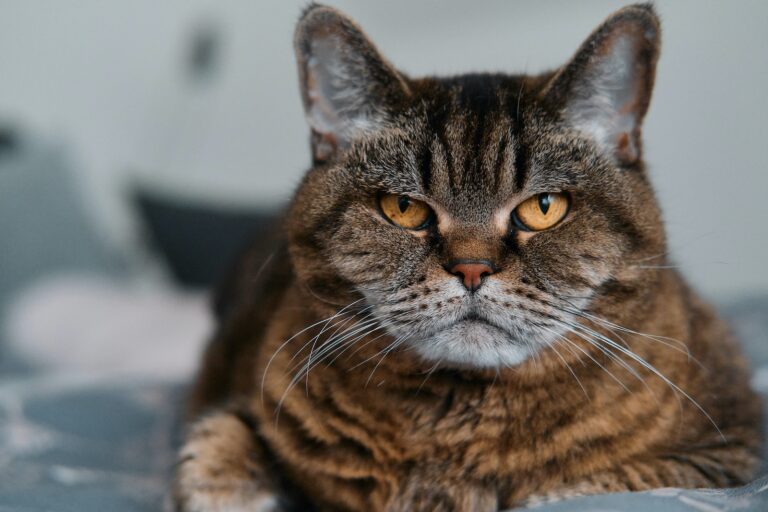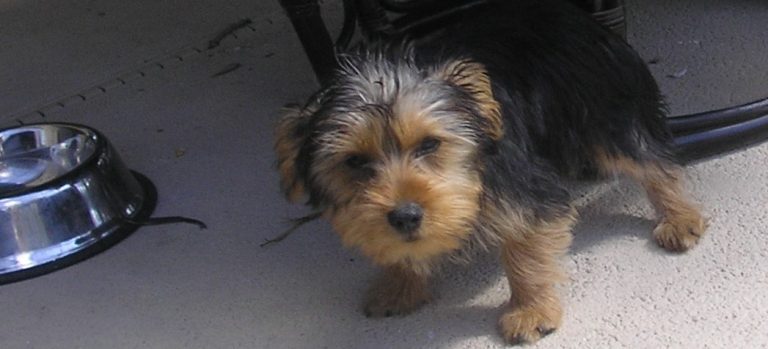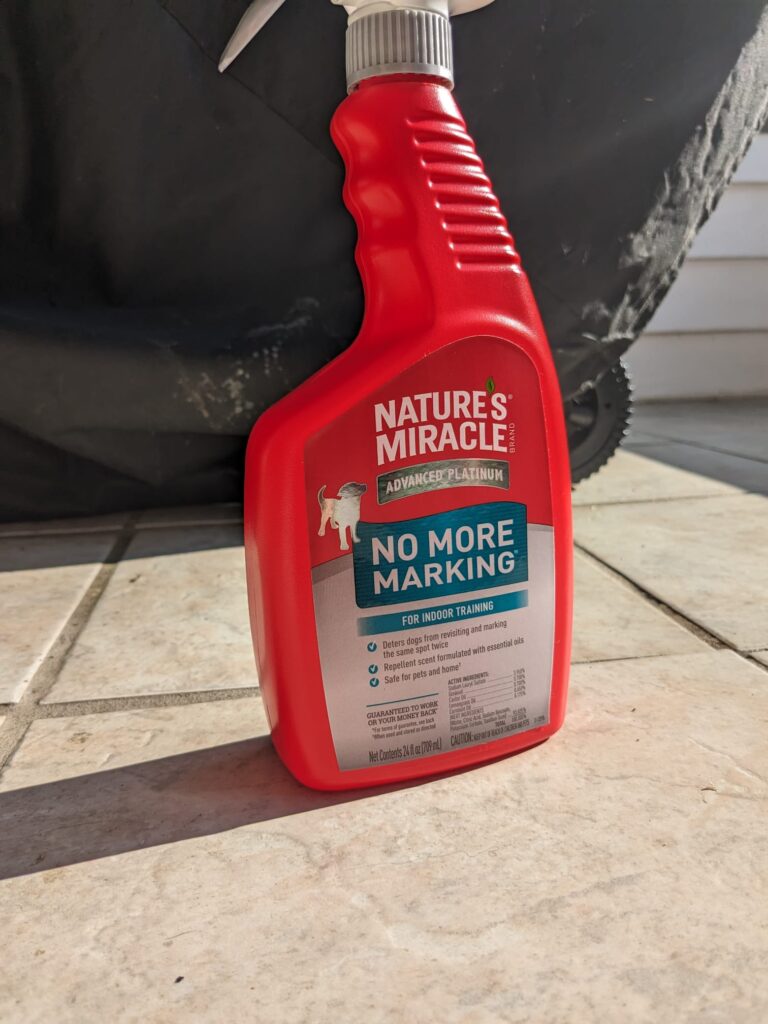“Comprehensive Guide to Keeping a Goat as a Pet”
Welcoming a goat into your home can bring a unique and enriching dimension to your life. These charming creatures have a special way of capturing our hearts with their curious nature and endearing personalities. However, just like any other pet, caring for a goat requires a deep understanding of their specific needs and a commitment to providing a safe, nurturing environment. This comprehensive guide is crafted to be your trusted companion on this exciting journey of goat ownership.
Whether you’re a first-time goat owner or an experienced enthusiast, it will equip you with a wealth of knowledge to ensure that your furry friend thrives under your care. From the fundamentals of space and socialization to the finer details of nutrition, healthcare, and legal considerations, we’ve covered it all. So, let’s embark on this adventure together, ensuring that your goat becomes not just a pet, but a cherished member of your household.
Choosing the Right Space
Before you bring a goat into your life as a cherished pet, it’s vital to understand that these delightful creatures have unique space requirements that set them apart from more traditional house pets like cats and dogs. Goats are naturally inclined to be active and curious, and as such, they need ample space to truly thrive in a domestic setting. The provision of abundant room for grazing, roaming, and exercise is, without a doubt, one of your foremost considerations as a responsible goat owner.

Here’s why:
Grazing: Goats are herbivores, and a significant portion of their diet consists of fresh vegetation. To maintain their health and well-being, they need access to a variety of grasses, plants, and shrubs. This not only sustains them nutritionally but also fulfills their instinctual need to forage and graze.
Roaming: Goats are known for their inquisitive nature and their desire to explore their surroundings. Offering them room to roam allows them to engage in their natural behaviors, investigate interesting nooks and crannies, and satisfy their curious minds.
Exercise: Physical activity is crucial for a goat’s physical and mental health. They love to climb, jump, and play. Adequate space enables them to exercise, build muscle strength, and maintain their overall fitness. Failure to provide enough space can lead to boredom and stress for your pet goat. Inadequate exercise and lack of access to fresh vegetation can also result in health issues.
Secure and appropriate fencing is essential to keep your goat safe and prevent them from wandering into potentially hazardous areas. Different breeds may have different jumping or climbing abilities, so choose your fencing materials and height wisely. While goats enjoy the great outdoors, they also need a shelter to protect them from harsh weather conditions, such as extreme heat or cold, rain, and wind. The shelter should be adequately sized, well-ventilated, and comfortable. If you have limited space, consider implementing a grazing rotation system. This involves dividing the available grazing area into sections and rotating your goats through them periodically. This practice helps maintain the quality of the vegetation and prevents overgrazing.
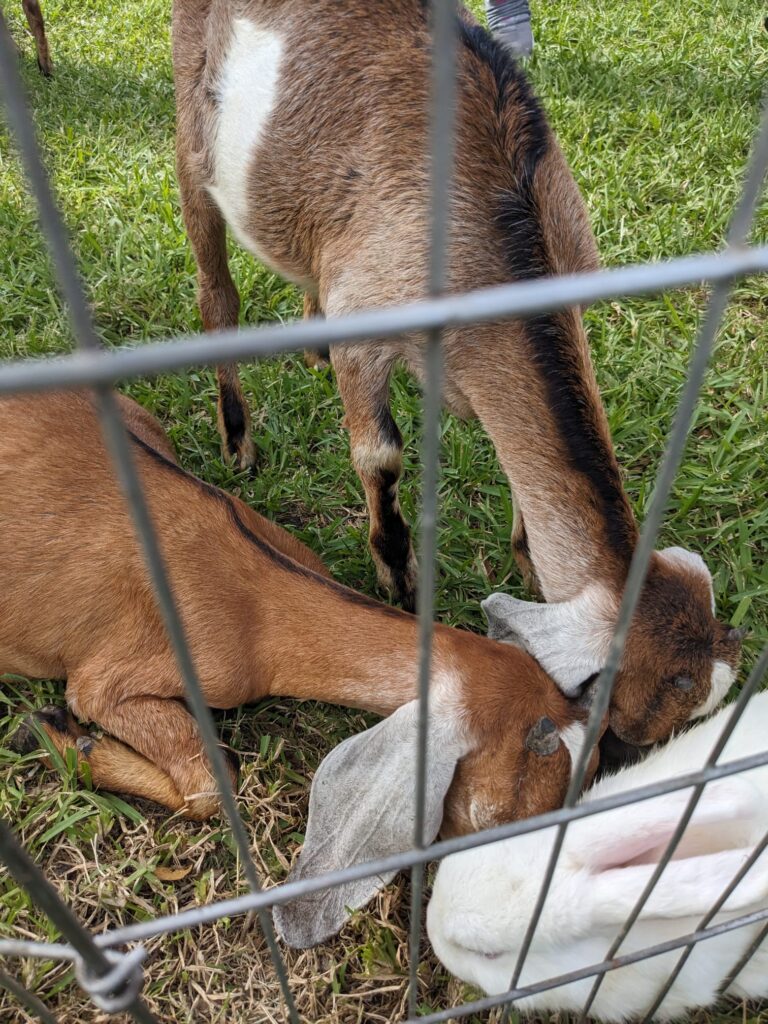
Social Needs of Goats
Undoubtedly, goats are profoundly social creatures, their very nature intricately entwined with a need for companionship. This fundamental aspect of their behavior stems from their evolutionary history, where they thrived in herds, forming tight-knit connections with their fellow goats. Such social instincts, honed over millennia, persist in domesticated goats today. Their interactions within the herd are a sophisticated dance of communication, employing body language, vocalizations, and scent marking to convey a rich array of sentiments. This social fabric isn’t just a matter of survival; it extends deeply into their emotional well-being. The absence of companions can provoke a range of distressing responses, from heightened anxiety to despondency. When isolated, goats may express their unease through a chorus of vocalizations, an agitated restlessness, or a loss of appetite. In the tapestry of their social lives, goats engage in a repertoire of activities that stimulate their minds and strengthen their bonds. Playful chases, good-natured head-butting (often an expression of friendship among goats), and mutual grooming all contribute to their cognitive development. This communal care, manifested through grooming, serves both practical and emotional purposes. It fosters cleanliness, certainly, but more importantly, it cements social connections and alleviates tension within the group. Beyond the cerebral, companionship affords them a profound sense of security. Familiar faces bring comfort, especially in new or potentially disconcerting environments. With their trusted companions nearby, goats are far less prone to the stresses that might otherwise afflict them. Loneliness, a potent force in the lives of these social creatures, is mitigated when they have the company of their own kind. The importance of this cannot be overstated; solitary confinement can lead to a host of behavioral and health issues, marking a significant detriment to their overall well-being. Hence, it is strongly advised to keep at least two goats together. When possible, selecting goats with an established bond or thoughtfully introducing them to one another encourages the formation of new friendships. In so doing, not only do you safeguard their physical health, but you also promote their emotional well-being, yielding a contented, balanced, and harmonious caprine companion.
Grooming and Healthcare
Certainly, regular grooming and veterinary care stand as cornerstone responsibilities in the realm of goat ownership. These practices are paramount for maintaining the health and well-being of your caprine companion. Grooming, in particular, encompasses a range of essential tasks. These include brushing to remove dirt and debris, routine hoof trimming to prevent discomfort and health issues, and inspecting for any signs of abnormalities or potential health concerns. This hands-on attention is not merely cosmetic; it serves as a crucial avenue for early detection of any health issues, allowing for prompt intervention and treatment. Equally vital is the aspect of veterinary care. Regular check-ups with a qualified veterinarian are essential for ensuring your goat’s overall health. These appointments facilitate vaccinations, which safeguard against a range of potentially serious illnesses. Additionally, they provide opportunities for thorough examinations to assess the goat’s general condition and identify any potential health concerns that may not be immediately apparent. Should any issues arise, timely veterinary intervention can make all the difference in ensuring a swift and successful recovery. Furthermore, a veterinarian can offer guidance on nutrition, offering insights into the specific dietary needs of your goat based on factors such as age, breed, and overall health status. This professional expertise is invaluable in tailoring a nutrition plan that optimally supports your goat’s growth, development, and overall vitality.
Long-Term Commitment
Indeed, goats enjoy a relatively lengthy lifespan, often stretching from 12 to 15 years or even surpassing these milestones. This notable longevity is a testament to their hardiness and adaptability, factors that have contributed to their enduring presence as beloved domesticated animals. Understanding and appreciating this extended life expectancy is crucial for anyone considering goat ownership, as it entails a long-term commitment that goes well beyond the initial stages. With a lifespan spanning over a decade, goats become cherished companions for a significant portion of our lives. This extended journey together allows for the development of deep and lasting bonds. It also necessitates comprehensive planning and care to ensure their health and happiness throughout their entire life. Recognizing the potential for a goat to be a part of your family for well over a decade underscores the importance of thoughtful decision-making regarding their living conditions, healthcare, and overall quality of life. Furthermore, this extended lifespan underscores the significance of responsible ownership, as the commitment to caring for a goat goes well beyond their initial years. As they age, goats may require special attention and adjustments to their care routine to accommodate the changes that come with advancing years. By embracing and preparing for the reality of their long lifespan, you embark on a journey of companionship that can be deeply rewarding and fulfilling, spanning a significant portion of both your lives.
Purposeful Ownership
Comprehending the underlying motivation behind your desire for a goat is a pivotal step in responsible ownership. It forms the bedrock upon which you’ll build a fulfilling and harmonious relationship with your caprine companion. The reasons for bringing a goat into your life can vary widely, and each purpose carries its own set of considerations.
For those seeking companionship, a goat can be a delightful addition to the household, providing affection, entertainment, and a unique bond that can bring immense joy and fulfillment. Their playful antics and endearing nature make them wonderful and engaging animal companions.
On the other hand, if the goal is milk production, it’s important to understand the specific needs and management practices associated with dairy goats. From proper nutrition to milking routines, this purpose requires a commitment to ensuring the health and well-being of the goat, as well as the quality and safety of the milk produced.
For those interested in fiber production, certain breeds of goats, such as Angoras and Cashmeres, offer valuable raw materials for textiles. This endeavor involves specialized care to maintain the health and quality of the goat’s fleece, as well as knowledge of processing techniques to transform the raw fiber into usable material.
Regardless of the purpose, it’s imperative to approach goat ownership with dedication, education, and a genuine love for these remarkable creatures. Understanding your specific goals will guide you in providing the best possible care and environment for your goat, ultimately resulting in a fulfilling and enriching experience for both you and your caprine companion.

